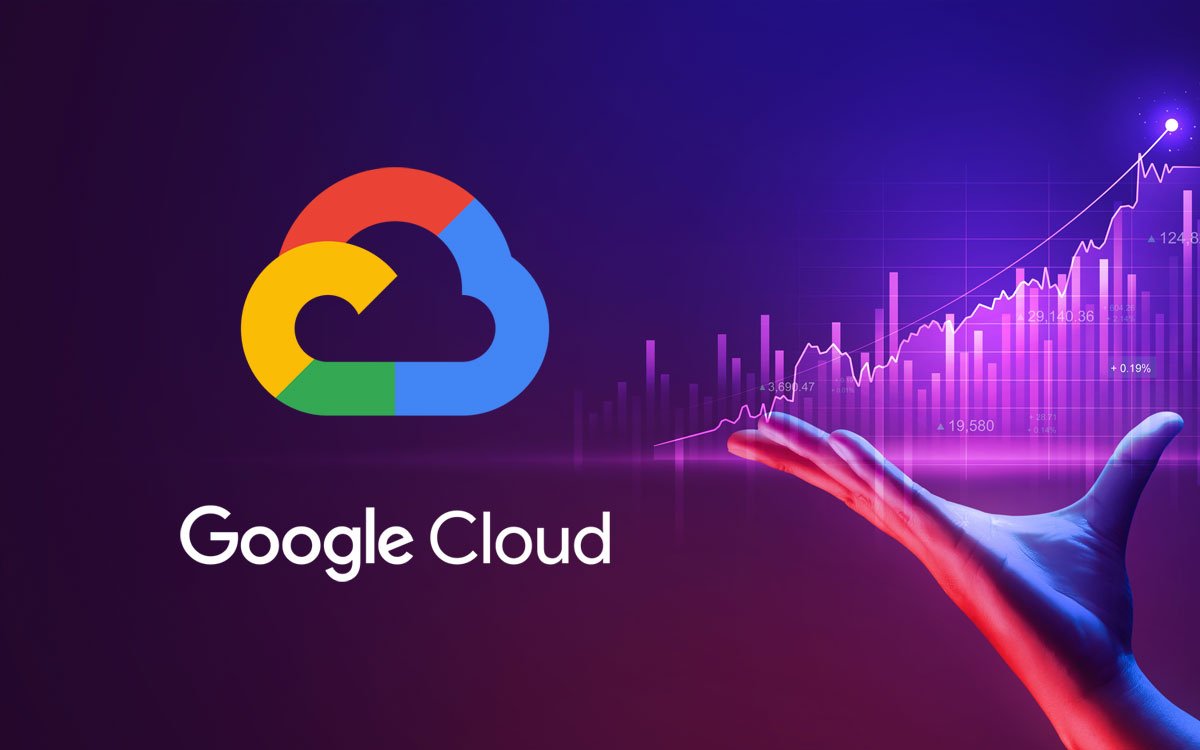Description
Introduction
Istio is an open-source service mesh platform that provides a way to connect, secure, and monitor microservices. It acts as a dedicated infrastructure layer that sits between microservices and handles critical concerns such as traffic management, security, monitoring, and reliability, without requiring changes to the application code. Istio enables microservices to communicate with each other securely and efficiently while providing observability, resilience, and control over service interactions. It offers a rich set of features, including traffic routing, load balancing, fault injection, service discovery, and automated encryption, making it an essential tool for managing complex, distributed applications.
Prerequisites
- Basic understanding of microservices architecture.
- Familiarity with Kubernetes or container orchestration platforms.
- Basic knowledge of networking and HTTP protocols.
- Familiarity with Docker and container-based deployments.
- Basic understanding of YAML and configuration files.
Table of Contents
- Introduction to Istio
1.1. What is Istio?
1.2. Key Features and Benefits
1.3. Istio vs Other Service Meshes - Installing Istio
2.1. Prerequisites for Istio Installation
2.2. Installing Istio on Kubernetes
2.3. Verifying the Installation
2.4. Istio Components Overview - Istio Architecture
3.1. Control Plane and Data Plane
3.2. Istio Proxy (Envoy)
3.3. Istio’s Sidecar Model - Traffic Management with Istio
4.1. Routing Traffic Between Services
4.2. Load Balancing and Circuit Breaking
4.3. Fault Injection and Traffic Shifting
4.4. Traffic Mirroring and Canaries - Security with Istio
5.1. Mutual TLS for Secure Communication
5.2. Authorization and Access Control
5.3. Secure Ingress and Egress
5.4. Secret Management and Identity Management - Observability in Istio
6.1. Distributed Tracing with Istio
6.2. Metrics Collection and Monitoring
6.3. Logs Aggregation and Analysis
6.4. Integration with Prometheus, Grafana, and Jaeger - Service Discovery in Istio
7.1. Automatic Service Discovery
7.2. DNS and Istio Service Entries
7.3. Virtual Services and Destination Rules - Policy Management in Istio
8.1. Rate Limiting and Quotas
8.2. Retry Policies and Timeouts
8.3. Request/Response Transformation - Advanced Istio Features
9.1. Istio Multicluster Setup
9.2. Istio for Hybrid and Multi-cloud Environments
9.3. Istio’s Gateway API - Monitoring and Debugging Istio
10.1. Troubleshooting Istio Services
10.2. Debugging Traffic with Istio Tools
10.3. Visualizing Istio Traffic Flows - Upgrading and Maintaining Istio
11.1. Best Practices for Istio Upgrades
11.2. Rolling Updates and Versioning
11.3. Backup and Recovery Strategies - Scaling and High Availability in Istio
12.1. Horizontal Scaling of Istio Components
12.2. Load Balancing and Redundancy
12.3. High Availability for Istio Control Plane - Istio Best Practices
13.1. Designing Reliable Microservices with Istio
13.2. Securing Microservices Traffic
13.3. Optimizing Istio Performance - Istio Use Cases
14.1. Managing Microservices in Kubernetes
14.2. Securing Communication in Distributed Systems
14.3. Implementing Service-Level Objectives (SLOs) and SLAs
14.4. Observability for Distributed Tracing - Istio Troubleshooting
15.1. Common Istio Issues and Resolutions
15.2. Tools for Debugging Istio-Managed Traffic
15.3. Monitoring Istio Health and Performance
Conclusion
Istio provides a comprehensive solution for managing the complexities of microservice communication, security, and monitoring. With its robust features for traffic management, security enforcement, observability, and policy control, Istio empowers organizations to effectively manage their microservice architectures at scale. It integrates seamlessly with Kubernetes and containerized environments, making it a valuable tool for modern application architectures. By adopting Istio, organizations can achieve greater reliability, security, and observability in their microservices, enabling them to build resilient and efficient distributed systems.







Reviews
There are no reviews yet.